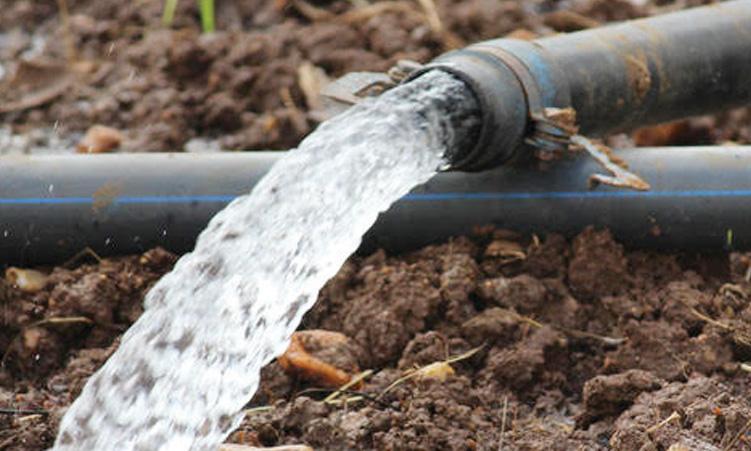Africa-Press – Namibia. Communal farmers in the Hardap region face financial strain as some are receiving free water while others must pay NamWater, raising concerns over fairness and government support.
The farmers have expressed their disappointment with the department of rural water supply under the Ministry of Agriculture, Fisheries, Water, and Land Reform, which delivers free water only to some farms along the B1 road.
Farmer spokesperson Niklaas Dawson says farmers from farms Vaaldam, Falkenhorst, HobieGarden, and Sukses up to Grundoring are struggling as they have to sell livestock to pay NamWater for access to fresh water.
“Rural water supply has totally failed these farmers, as those who cannot afford to pay NamWater survive on salty water, yet they transport fresh water to farms up to 50km from Gibeon for free, but leave all those in the salty block to be exploited by various stakeholders,” he says.
Dawson says this is a violation of the Constitution, requiring urgent intervention.
“This exploitation has been coming for years just because the ministry has failed the farmers of Soutblok,” he says.
Community activist Aloe Berendt says the department of rural water supply should allocate a budget to subsidise the farmers who pay for water from the NamWater pipeline to alleviate the challenges they are faced with.
He says the farmers pay about N$15 per cubic litre of water and that a discount of up to N$8 per cubic litre could be more feasible if they cannot provide these farmers with free water as well.
“These people have to sell their animals to obtain this water, and communal farmers do not have livestock in the hundreds or thousands.
They are farming just to stay alive, and these payments are a high burden to them,” Berendt says.
Kalli Visagie from farm Sukses 1 concurs with Berendt, noting the long period farmers were economically suppressed due to the drought.
He says receiving water from the department of rural water supply is, however, also risky.
“They fill up a 10 000l tank for farmers in a particular area. Irrespective of how many people they are, that water must last for three months.
“If that tank is empty before that, you have to source your own water.
I think a subsidy would work better for fairness,” Visagie says.
Rural water supply extension officer Lucky Biwa says the farms supplied with water by the department are farms of which the underground water is salty, with no access to running fresh water.
“These farms that pay NamWater, there is a pipeline of fresh water running there the government arranged with NamWater that the farmers up to 50km outside Gibeon can tap into.
“However, the farms we supply do not have access to fresh water at all,” he says.
He says his department supplies farmers with 5 000 litres on a quarterly basis, and those farmers have to use the water sparingly until the next refill.
“So where some are paying, others carry the burden of sourcing their own water should they run out before the next refill.
“But the people do not consider that. They only want the water because it is called ‘free water’,” Biwa says.
For More News And Analysis About Namibia Follow Africa-Press






